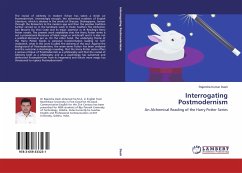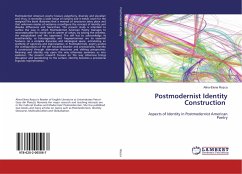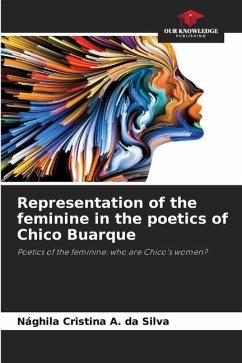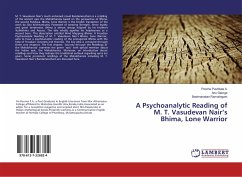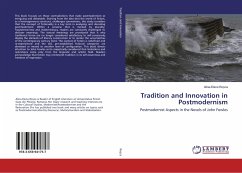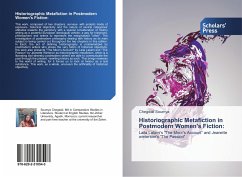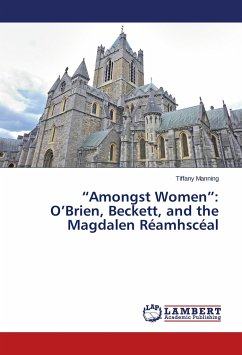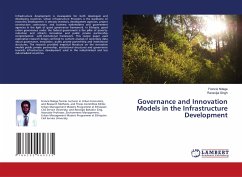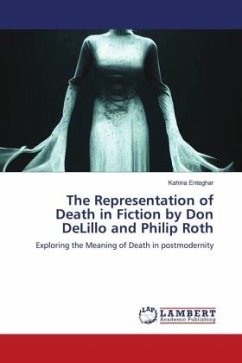
The Representation of Death in Fiction by Don DeLillo and Philip Roth
Exploring the Meaning of Death in postmodernity
Versandkostenfrei!
Versandfertig in 6-10 Tagen
60,99 €
inkl. MwSt.

PAYBACK Punkte
30 °P sammeln!
This work deals with the representation of death in selected contemporary American novels: White Noise (1986) and Zero K (2016) by Don DeLillo, and Everyman (2003) and Nemesis (2010) by Philip Roth. Using the existential theories of Martin Heidegger, the psychoanalytical ideas of Sigmund Freud and the literary theory of dialogism by Mikhael Bakhtin, it looked into the cultural and private dynamics which altered the death epistemology in the selected novels. The existential, psychological and spiritual impacts of the dissimilar attitudes toward death range from denial to affirmation of its inev...
This work deals with the representation of death in selected contemporary American novels: White Noise (1986) and Zero K (2016) by Don DeLillo, and Everyman (2003) and Nemesis (2010) by Philip Roth. Using the existential theories of Martin Heidegger, the psychoanalytical ideas of Sigmund Freud and the literary theory of dialogism by Mikhael Bakhtin, it looked into the cultural and private dynamics which altered the death epistemology in the selected novels. The existential, psychological and spiritual impacts of the dissimilar attitudes toward death range from denial to affirmation of its inevitability without admitting its existential/ ontological merit. Existential inauthenticity, meaninglessness, and loss of dwelling, in addition to psychological introversion and uncanniness, are consequences of the different representations of death. They articulate the postmodern estrangement from the naturalness and necessity of finitude. However, while DeLillo struggles against the postmodern cultural pathology of meaninglessness by advocating reconciliation with the inevitability of death, Roth struggles with the idea of mortality and offers a cynical image of death as humiliation.



